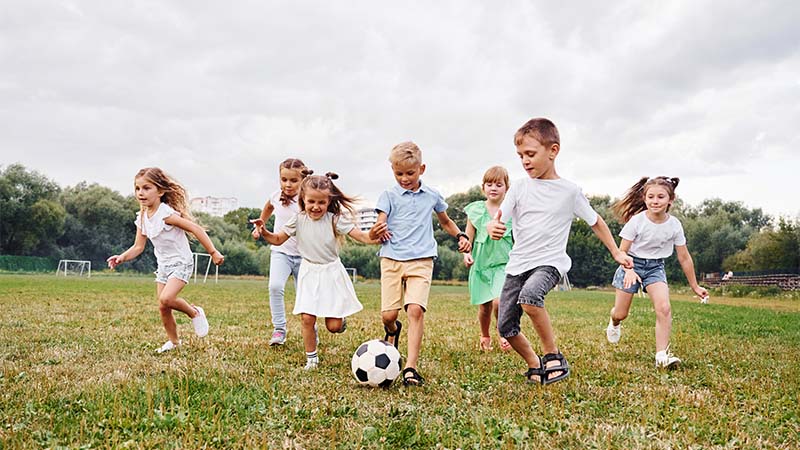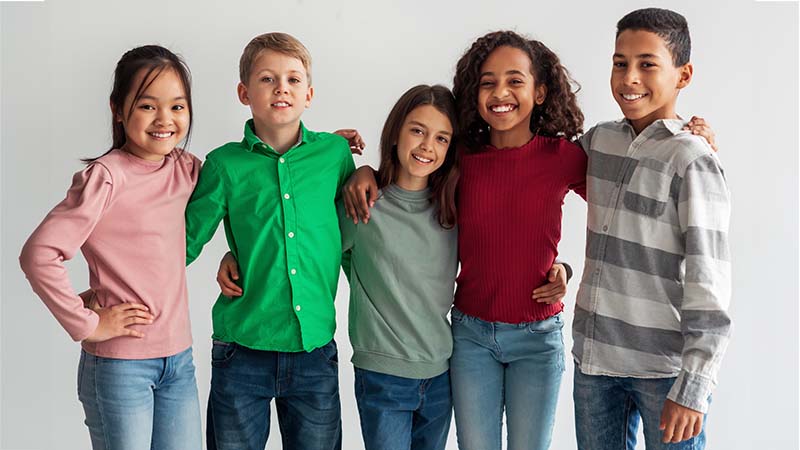In a world that is increasingly interconnected, cultural diversity has become an essential aspect of education and personal development. Summer camps, with their unique blend of fun, learning, and social interaction, provide an ideal setting to introduce and celebrate cultural diversity among children. These camps can serve as microcosms of the global community, offering young minds a glimpse into different cultures and ways of life.
Integrating multicultural activities into summer camp programs is not just about adding variety; it’s about fostering a deeper understanding and appreciation for the diverse world we live in. By exposing campers to different cultural practices, languages, and perspectives, camps can help build empathy, cultural sensitivity, and global awareness from a young age. This approach enriches the camp experience, making it more inclusive and reflective of the world’s diverse tapestry.
Such initiatives in summer camps can have long-lasting impacts. They help shape open-minded, culturally aware individuals who are comfortable and adept at navigating the diverse landscapes of both their immediate and global communities.
The Importance of Cultural Diversity in Camp Programs
Integrating cultural diversity into summer camp programs is crucial for fostering global awareness and empathy in children. In today’s interconnected world, understanding and respecting diverse cultures is not just a social asset but a necessary life skill. Camps that embrace multicultural activities offer several benefits:
- Enhanced Social Skills: Exposure to diverse cultures helps children develop better communication and social interaction skills.
- Global Awareness: Multicultural activities broaden children’s horizons, making them more aware of global issues and perspectives.
- Empathy and Respect: Engaging with different cultures fosters empathy and respect for others, regardless of their background.
- Cultural Appreciation: Activities focused on different cultures help children appreciate and celebrate diversity, reducing biases and stereotypes.

By prioritizing cultural diversity, summer camps can play a vital role in preparing children to thrive in a diverse world, teaching them to value differences and embrace inclusivity.
Multicultural Activities in Camps
Incorporating multicultural activities in summer camps is a dynamic way to celebrate and understand cultural diversity. Here are some examples:
- Cultural Nights: Organize evenings where campers can learn about and celebrate different cultures through music, dance, and storytelling.
- Language Workshops: Offer basic language lessons in different languages, fostering an appreciation for linguistic diversity.
- International Cuisine Days: Have themed days where campers can taste and prepare dishes from around the world.
- Cultural Art Projects: Engage children in art and craft activities inspired by different cultural traditions.
- Global Games and Sports: Introduce games and sports from various countries, emphasizing global unity through play.

These activities not only educate campers about different cultures but also provide a fun, interactive way to build a more inclusive and understanding community.
Learning Through Interaction
One of the most effective ways to learn about cultural diversity at summer camps is through direct interaction with people from diverse backgrounds. This experience allows campers to:
- Engage in Meaningful Conversations: By interacting with peers and counselors from various cultures, campers gain first-hand insights into different life experiences and perspectives.
- Participate in Cultural Exchange: These interactions often lead to a natural exchange of cultural practices, traditions, and stories, enriching the camp experience for everyone involved.
- Develop Cultural Sensitivity: Regular interaction with diverse groups helps in developing sensitivity and understanding towards different cultural norms and practices.
Such immersive experiences are invaluable in fostering a deeper appreciation of cultural diversity, going beyond theoretical knowledge to real-world understanding and empathy.
Challenges and Opportunities
Integrating multicultural activities into summer camps comes with its set of challenges and opportunities:
- Cultural Sensitivity: Camps need to navigate cultural representations carefully to avoid stereotyping and ensure respectful and authentic experiences.
- Resource Availability: Access to culturally diverse resources and staff can be a challenge, requiring camps to be creative in their approach.
- Inclusivity: Ensuring that all campers feel included and represented in activities is crucial, which may require tailoring programs to a diverse camper population.
Despite these challenges, the opportunities are significant. Multicultural camps can foster a deeper understanding and respect for global cultures, preparing children for a more interconnected world. These experiences can promote empathy, global awareness, and a sense of unity, making the effort to overcome challenges worthwhile.
The integration of cultural diversity in summer camps is more than just an educational strategy; it’s a vital step towards building a more inclusive and empathetic society. These camps offer a unique platform for children to learn about and celebrate differences, fostering an environment of respect and understanding. As children carry these experiences into adulthood, they become ambassadors of cultural sensitivity and global awareness. In a world that is increasingly interconnected, the value of these lessons cannot be overstated. Summer camps, in embracing multiculturalism, are not only enriching the camp experience but are also contributing to a more harmonious global community.
